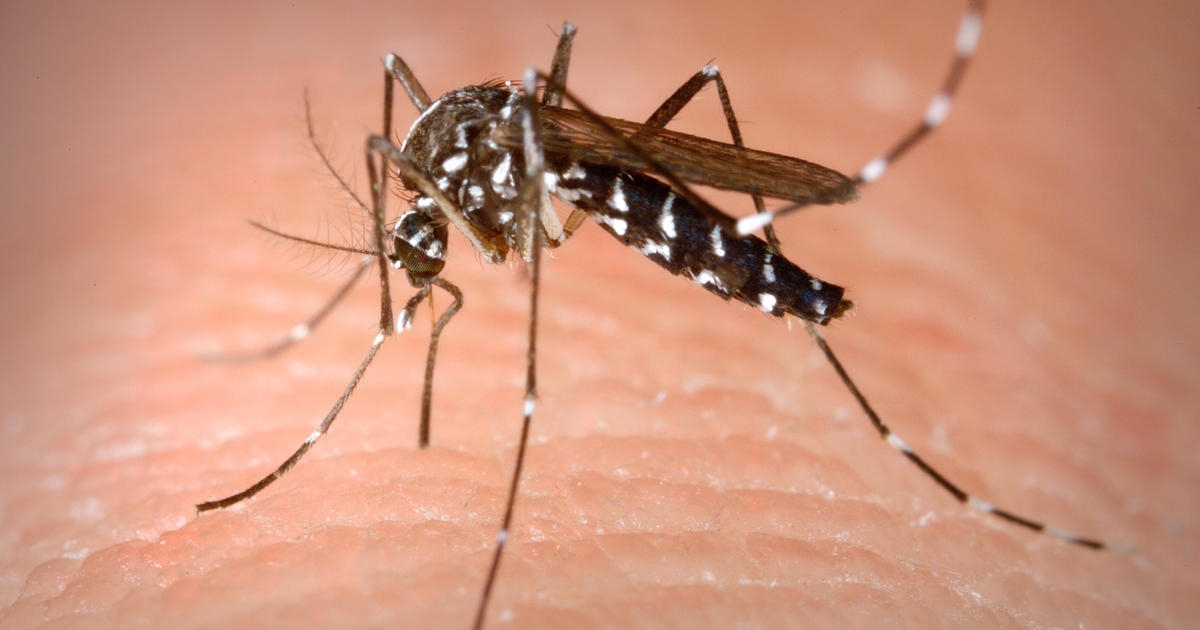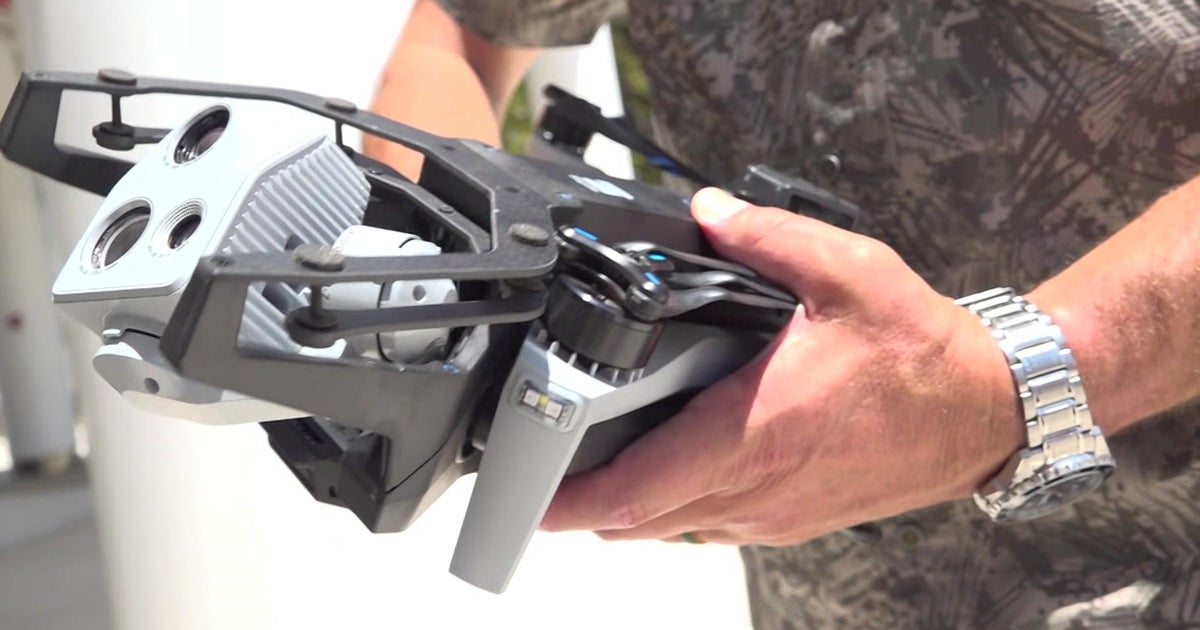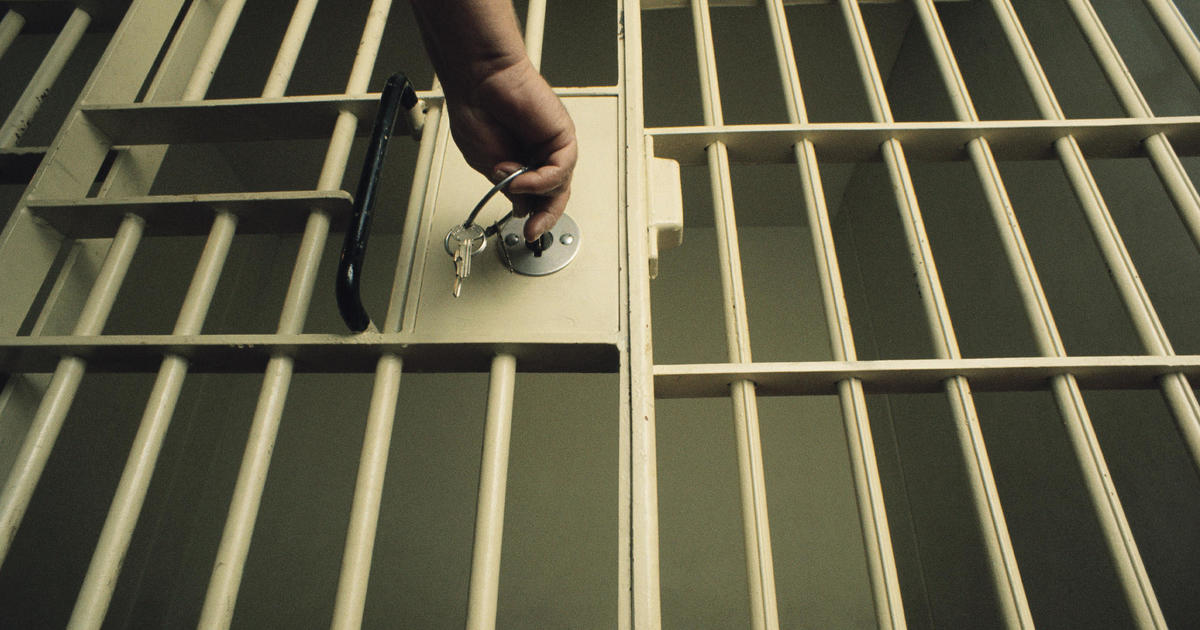DNA Testing Offered For Personalized Skin Care Treatments
Follow CBSMIAMI.COM: Facebook | Twitter
MIAMI (CBSMiami) – As more people want to find out what's going on inside their bodies, doctors are offering patients a way to personalize their skin care and it involves taking a look at an individual's DNA.
When Beverly Galloway decided to work on her skin care regimen, she wanted a plan that was tailored just for her so she tried Skinshift.
"They took the swab. They sent it off to the lab and said you know we'll be in touch in several weeks when we get all the results back," said Galloway.
She tried a simple cheek swab to learn more about her skin and the specific skin care areas she should focus on.
The idea behind the testing?
"We're looking at something called single nucleotide polymorphisms. They're the differences in one person's body's function versus the other," said Integrative Health Physician Dr. Ruthie Harper.
Harper founded one of the major companies using DNA analysis for skin care. She says the DNA report can provide a deeper look at the strengths and weaknesses of an individual's skin.The test she uses looks at the genetics behind five different factors: collagen formation, antioxidant protection, sun protection, glycation protection, and sensitivity control.
"And that report is going to tell you specific information about high, medium and low priority areas of skin health and beauty so that you can make specific skin care decisions. The goal was to get faster results, better results, more cost effectively with, with less trial and error," said Harper.
Dermatologist Dr. Sejal Shah also offers DNA testing to her patients. She believes personalization is the future of healthcare.
"Skin care customization is kind of where we're going and the DNA test just takes that to a whole other level. It just gives you a sort of guideline as to how you should be tailoring your skin care," said Shah.
Not everyone is convinced DNA testing, which can range from $99 to $400 and up, is the key to fighting wrinkles, dark spots and more, at least right now.
"Rest assured that there is more similarities in our DNA than there are differences and most of the products that you have available now will do just great for you even if you don't know your own specific DNA," said Dr. Doris Day who is the Clinical Associate Professor of Dermatology at NYU Langone Medical Center.
Shah acknowledged that as understanding of DNA gets better, the technology will improve but, she said, that's not a reason to skip the test altogether.
"That's what you can use right now as a guideline. It's not to say that in 10 or 15 years we won't have more information and things will be better, but that's just how medicine and technology changes," said Shah.
Galloway is on board. She says she's changed her skin care routine since learning her results, and she's already seen improvement in her skin tone and texture.
"It just feels healthier, which is important to me," said Galloway.
Doctors point out that, of course, the environment plays a big role in your skin health. For example, Dr. Shah said everyone should wear sunscreen and if you're in an environment with more pollution, you'll want to use products that provide antioxidant protection, even if a DNA test didn't identify that as a priority area.



